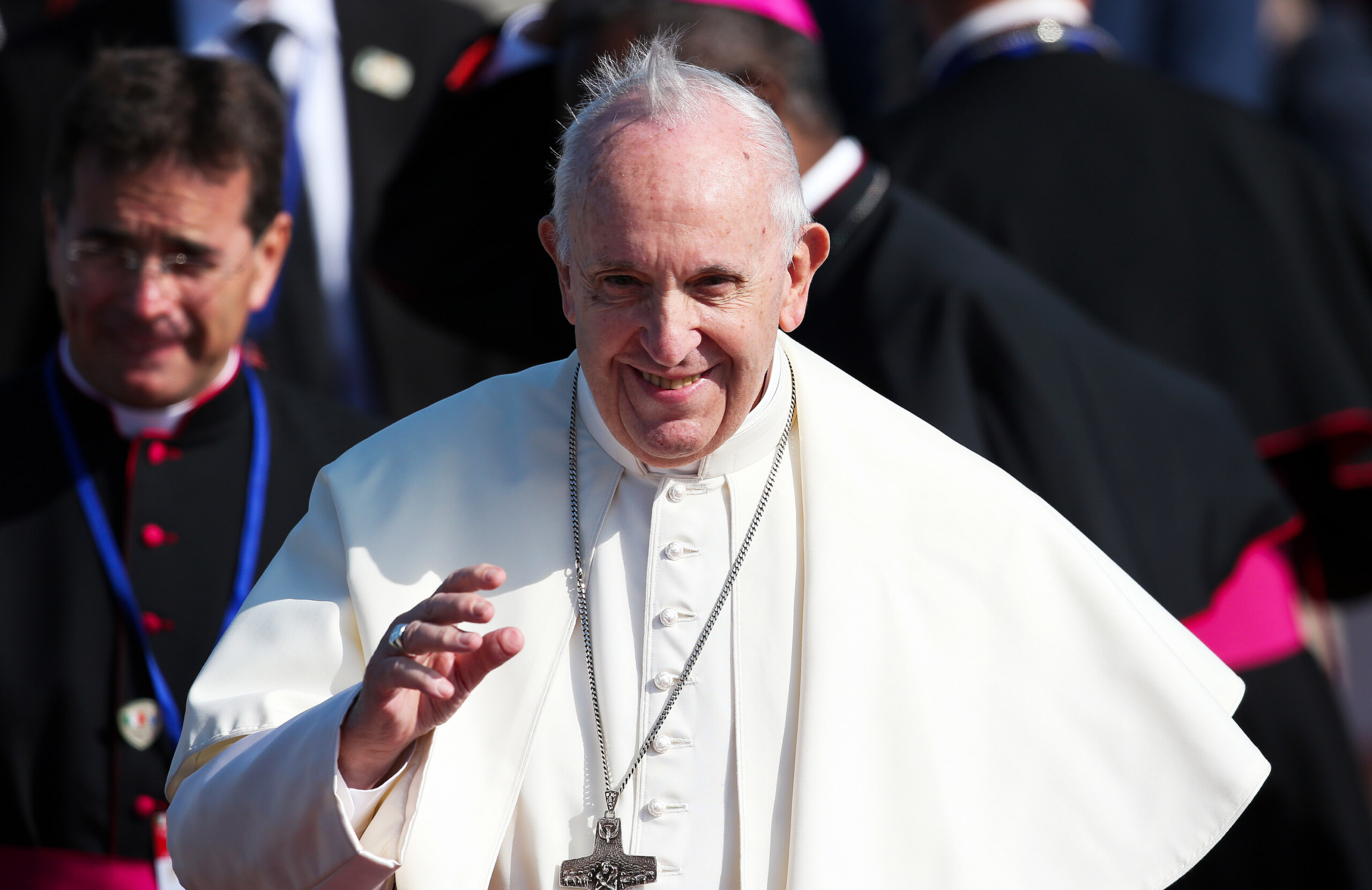This will be the Holy Father’s first trip abroad in about fifteen months as the outbreak of the Covid-19 pandemic and the subsequent restrictions on movement have posed a challenge to external travel. It is also the first-ever papal journey to Iraq.
The Apostolic visit begins on Friday morning when the Pope departs from Rome for Baghdad’s International Airport. He is slated to visit several cities including Mosul, Qaraqosh and Erbil.
As preparations enter into high gear, Vatican Secretary of State, Cardinal Pietro Parolin, released a video message highlighting the significance of this historic visit to the Middle Eastern nation and to its Christian communities.
Sign of closeness to the Church
Speaking to Vatican News, Cardinal Parolin described the Pope’s visit as a sign of his “closeness to the Catholic Church” in the country and to its dwindling Christian communities.
“We know that the Church has suffered a lot,” Cardinal Parolin said. “It has lost many Christians who have left Iraq for other countries.”
The Church, therefore, needs the presence of the Holy Father “to be encouraged and to continue her mission of witnessing Jesus Christ and the Gospel in the difficult situation in which she finds herself,” he said.
The presence of Christians in Iraq has significantly diminished in the past two decades. In 2003, before the deposal of Saddam Hussein, there were approximately 1.4 million Christians in the country. However, thousands of Christians were killed and many others fled for their lives in the face of violence and persecution under the 2014 – 2017 occupation of the Plain of Nineveh by the so-called Islamic State.
Boosting reconstructive efforts
Another positive dimension to the Pope’s visit, according to the Cardinal, is to “boost the efforts which have already started to reconstruct the country.
These efforts, he said, are carried out on many fronts, and include fighting corruption and sectarianism, and ensuring that everyone is treated equally – “giving to everyone their deserved places in the fabric of society notwithstanding their religious belonging or class.”
Interreligious dialogue
Of major importance also, is the interreligious significance of the Pope’s visit.
As part of his itinerary, the Pope will travel to the holy city of Najaf to meet with the Grand Ayatollah Ali al-Sistani, who is an influential Muslim cleric
Pope Francis has been an outspoken proponent of interfaith efforts. In February 2019, the Pope and the Grand Imam of al-Azhar in Cairo, Ahmed al-Tayeb, signed a historic declaration on Fraternity in Abu Dhabi.
The Pope’s visit, Cardinal Parolin concluded, will be an occasion of “interreligious dialogue, collaboration, understanding and fraternity between Christians and Muslims in view of the good of the country and its brighter future.”
ENDS


